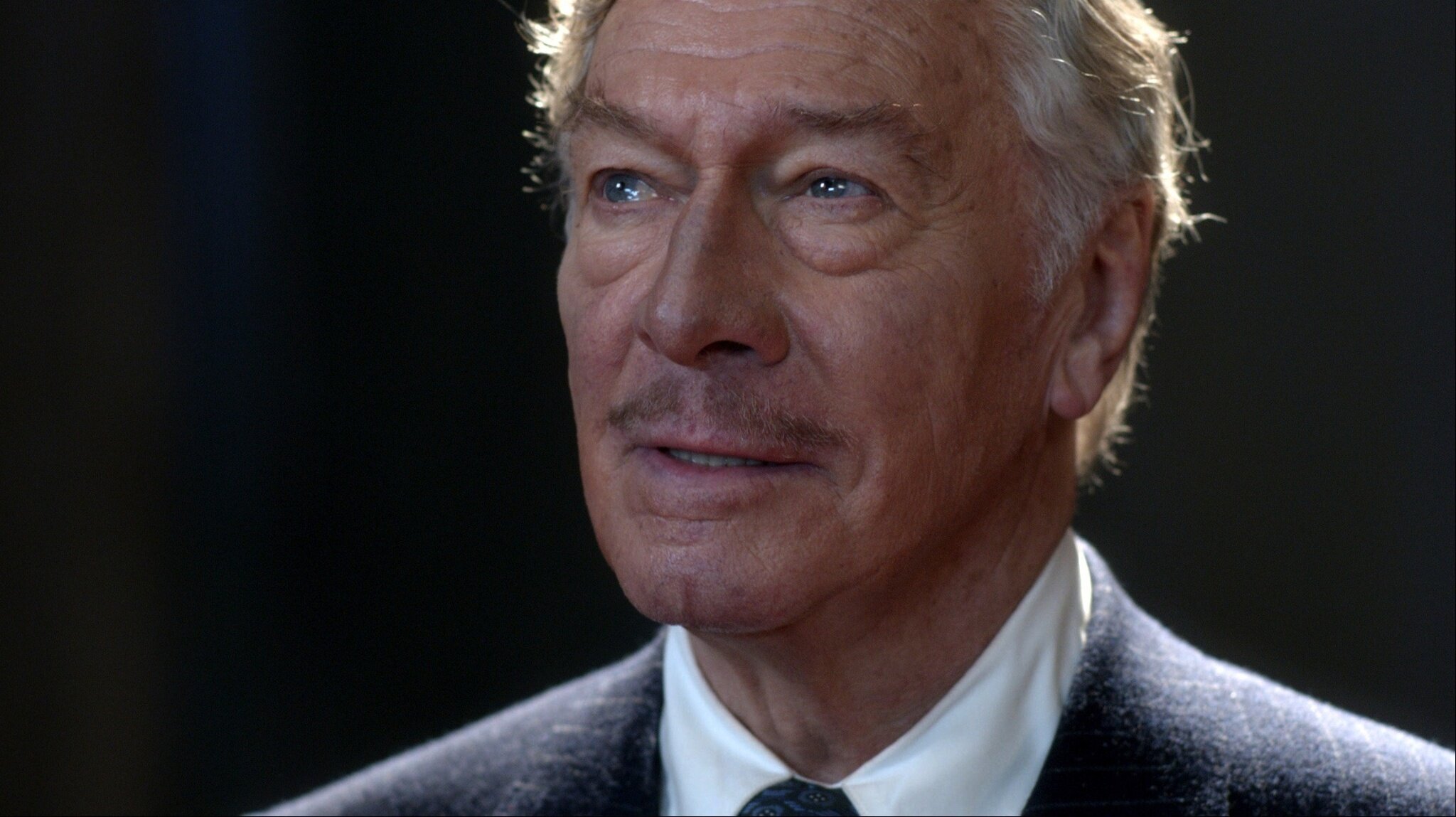Sure, you could join the sheeplike throngs shambling into thousands of multiplexes this weekend, tossing their lucre at some butt-numbingly long fantasy blockbuster starring Sir Ian McKellan and a bunch of hairy-footed guys with pituitary problems.
But I’ll lay you dollars to dwarves that the presentation opening at the Grand Illusion Theater tonight contains more action, violence, gratuitous nudity, monsters, spaceships, wholesale mechanical destruction, and fun in any given two minutes than that Peter Jackson bladder-tester can muster in its entire three hours.
This evening, the Illusion busts out Trailer War, a compilation of vintage coming-attractions trailers compiled by the mad hatters at Austin, Texas’s Drafthouse Films. If you’re looking for real seat-of-the-pants cinematic adventure and surprise on a movie screen this weekend, you’ll find it in spades and in glorious 35mm here (don’t believe me? Check out the resolutely NSFW trailer below).
Drafthouse pooled largely from 1970s and ‘80s grindhouse fodder for the source material. It was a time just before the proliferation of home video, when popcorn movies were still made by enterprising hucksters with the souls of carnies. Said con-men followed their guts, hurtling every salacious and exploitable element possible into their films without the aid of big budgets, focus groups or corporate accountants. Bereft of the funds and star-power wielded by Big Hollywood, B-movie makers became masters of selling the sizzle, not the sometimes gristle-laden steak.
Trailer War lays out a staggering (in more ways than one) variety of mini-movies in its 112 minutes–kung fu flicks, blaxploitation obscurities, gore-drenched horror epics, peek-a-boo sexploitation, and more. Many of ‘em are bat-shit crazy enough to knock even the most jaded viewers for a wallop. Try finding an unpretentious, irony-free modern equivalent to Thunder Cops, a Hong Kong oddity whose trailer showcases an ass-kicking Buddhist prayer cloth, gun battles, high-flying kung fu, hordes of zombies, a multi-armed priest, and a disembodied head toted around by a radio-controlled helicopter–all in 3.5 minutes. And words simply fail to capture the warped magic of the prog-rock car crash orgy that is Stunt Rock’s coming-attraction spot.
Expect plenty of strange bedfellows to go with the titillation, too. Trailer War also includes the preview for the Italian Star Wars knock-off Starcrash, in which you’ll see Bond Girl Caroline Munro, former child evangelist Marjoe Gortner, Oscar-winner Christopher Plummer, and David frickin’ Hasselhoff dodging laser beams and flying plastic spaceships around the galaxy.
The above three examples, mind you, only cover about 11 minutes of Trailer War‘s two dizzying hours. Hobbit, Schmobbit.
[Trailer War plays at the Grand Illusion through December 15.]

 Legendary actor John Sidney Blyth, known professionally as just “plain” John Barrymore, was born in Philadelphia in 1882, and died in Los Angeles in 1942. Survivors included his almost-equally-famous actor siblings, Lionel and Ethel Barrymore; and four ex-wives, including Diana Costello, mother to his son John Drew Barrymore, who would eventually father the actress Drew Barrymore. He was preceded in death by his actor parents Maurice and Georgiana Drew Barrymore.
Legendary actor John Sidney Blyth, known professionally as just “plain” John Barrymore, was born in Philadelphia in 1882, and died in Los Angeles in 1942. Survivors included his almost-equally-famous actor siblings, Lionel and Ethel Barrymore; and four ex-wives, including Diana Costello, mother to his son John Drew Barrymore, who would eventually father the actress Drew Barrymore. He was preceded in death by his actor parents Maurice and Georgiana Drew Barrymore.